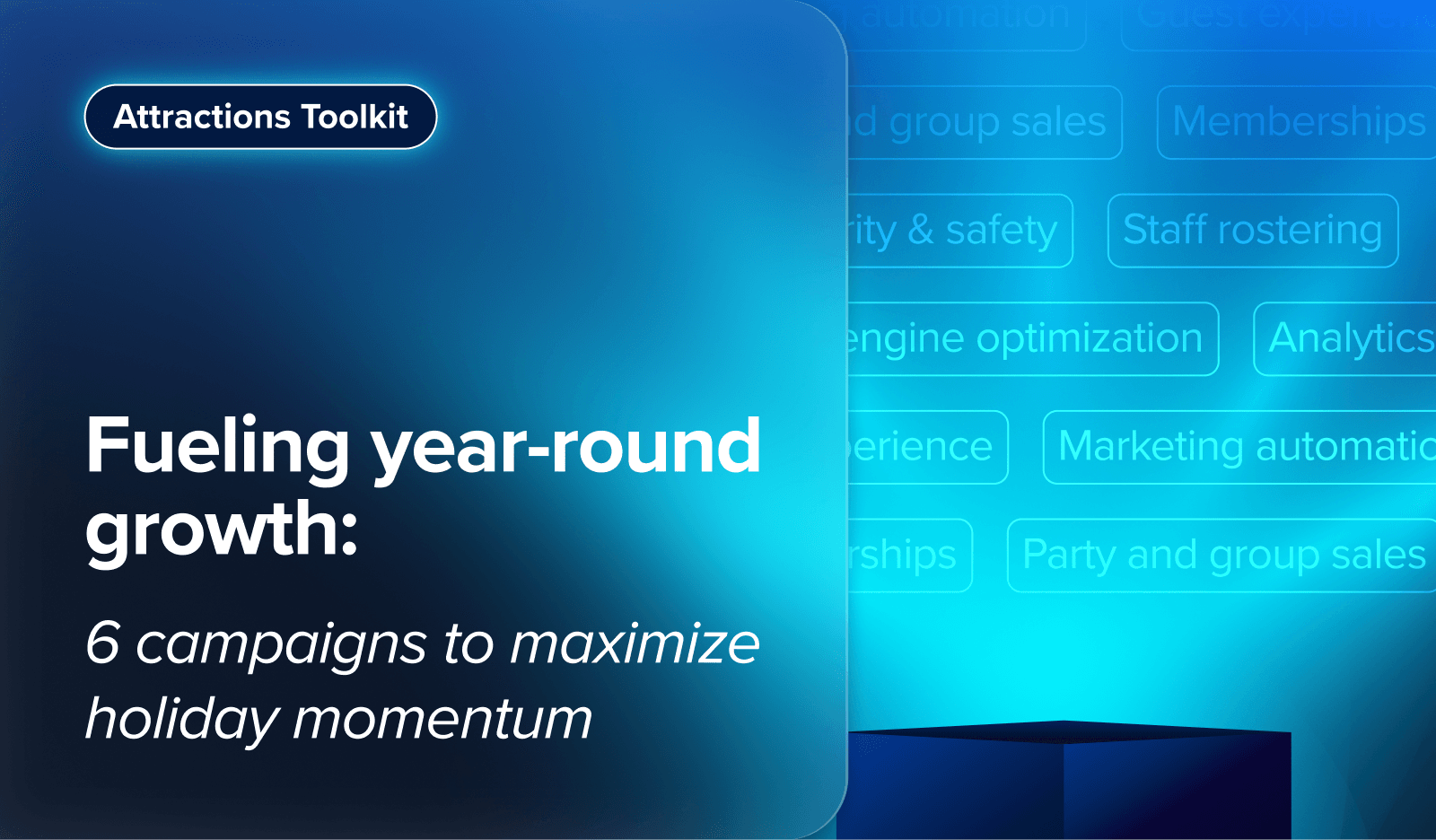5 Do's and Don'ts for Growing Awareness of Your Brand with SEO
.png?width=820&name=Grow%20Awareness%20of%20Your%20Brand%20with%20SEO%20(1).png)
When thinking about managing your website, you have probably come across the term Search Engine Optimization or SEO for short. SEO is one of the most powerful ways to reach new prospective visitors that you can convert into paying guests.
With that said, it’s not the easiest topic to master, and therefore it can be a coveted accomplishment to rank number one on Google, or even anywhere on the first page. In fact, the topic can be so complex that many organizations hire individuals or even entire teams who are solely dedicated to improving the organization's SEO so that they are found more easily when users are searching online.
All of your SEO questions cannot be answered in one blog post, but we can at least use this article as a starting point. As a general overview, here are five do’s and don’ts that can get you started in driving more traffic to your website… and ultimately into your venue.
Do’s:
- Use backlinks. When Google first began, its primary qualification for search rankings was the number of backlinks, meaning how many other websites are linking to your page. Now, backlinks are a part of the larger formula, and your backlinks should also come from high-quality trusted pages.
- Manage keywords effectively. Each page on your website should include one primary keyword, and that keyword should be in the URL of that page, and in your H1 text in the page’s copy.
- Consider your load speed. Google will rank websites higher when they load quicker - ideally 3 seconds or less. Here are tips that you can use to determine how to increase your website’s load speed in the interest of a better experience and higher ranking.
- Engage your users. Content for content’s sake won’t get you very far up the Google ladder. You need to create content that captivates visitors to your website and keeps them engaged, otherwise, their bounce rate will drag your ranking down.
- Establish a Google My Business listing. This amplifies the authority of your website and connects it with your actual business, compared to a fan page, news site, or imposter. This also helps you become more searchable on Google Maps so guests can find you in real life more easily.
Don’ts:
- Duplicate content. Search engines are able to detect when content is duplicated, whether you have published the same content elsewhere or if it is pulled from another site, and the algorithm will penalize your website in your SEO rankings.
- Write a Ph.D. dissertation. Keep your audience in mind when crafting the narratives on your website. Search engines will penalize content if it is written too complex, so keep your writing to about an 8th-grade level.
- Build a desktop-only website. The percentage of web traffic that is on mobile is ever-increasing and is outshining browsing on desktop. For that reason, if you are not optimizing for mobile, you are doing a disservice to your audience, which Google won’t like.
- Buy followers on social media. While it may seem disconnected, your search ranking also considers your social media presence and following, so they are very much intertwined. If your social media presence is inauthentic, it will negatively impact your ranking.
- Assume that SEO is all about the algorithm. Yes, the algorithm is the determining factor of your ranking, but actual humans create and manage the algorithm, so your website must be user-friendly to feed the algorithm what it wants. This includes easy navigation, and when selling tickets, it must consist of a clear path to purchase and a checkout process that meets the desires of the modern consumer.
As mentioned above, this is the tip of the iceberg of guidelines related to improving your website’s SEO. As a starting point, you can pull up your website side-by-side with this list and start chipping away at small improvements. Even minor modifications can start to make a big difference.
Happy optimizing!
Related articles
Enhance your guest experience
Get free education, tips and inspiration to help you run a successful venue.


.jpg)